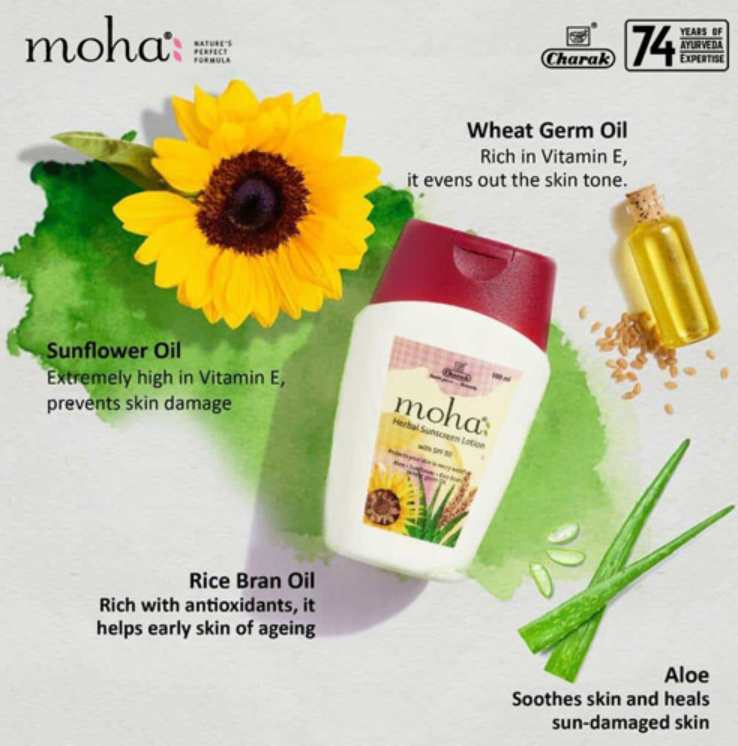
In a world where climate conditions are becoming increasingly severe, the intensifying heat of the sun is a growing concern. It is essential to prioritize skincare routines in all seasons, especially given the unfavorable impact of changing environmental conditions on our skin.
Consistent exposure to ultraviolet (UV) rays, abrupt weather fluctuations, pollutants, improper skincare practices, and excessive product usage can result in various forms of skin damage, including dullness, wrinkles, suntan, sunspots, and even skin cancer.
Sun damage is cumulative, meaning that the damage inflicted on the skin by the sun's UV rays accumulates over time. Besides environmental pollutants, excessive ultraviolet exposure is a significant contributor to premature aging.
What Exactly Causes Skin Damage?
The sun emits UV radiations that are invisible but can be felt on the skin. UVB rays, in particular, penetrate and harm the outermost layer of the skin. Prolonged exposure to these harmful rays can lead to sunburn and, in severe cases, blistering.
How Can You Protect Your Skin from Sun Damage?
Sunscreen saves your skin by acting as a shield. These items serve as chemical or physical barriers that deflect or absorb UV radiation, protecting the body from their damaging effects. By using sunscreen every day, you can delay the effects of aging on your skin, giving it a more youthful and radiant appearance for years to come. The word "sunscreen" itself defines its purpose.
A sunscreen's SPF (Sun Protection Factor) rating indicates how well it will shield users from UVB radiation. It is important to realize that no sunscreen can completely filter UV radiation. Sunscreen selection must to be in line with an individual's outdoor activities. An SPF of 30 to 50 is advised for daily use. SPF gauges a sunscreen's effectiveness at shielding the skin from UV radiation.
Dermatologists frequently advise using broad-spectrum, water-resistant sunscreens with an SPF of 30 or higher because they block 97% of UV radiation and are appropriate for the climate in India. Choosing a higher SPF is advised for activities such as hiking outdoors, prolonged sun exposure, or high elevations.
It might be difficult to choose the best sunscreen because there are so many different kinds available on the market, including creams, lotions, gels, and sprays. Dermatologists advise choosing the right kind of sunscreen for your skin type. Cream-based sunscreens are best for dry skin, while gel-based or matte-finish sunscreens are preferable for oily or acne-prone skin. All skin types can normally use lotions.

It is very advised to choose sunscreens with natural ingredients. The skin is shielded from potential injury from chemical components and free radical damage from sun exposure thanks to herbal substances. moha: SPF50 sunscreen lotion, is one of the most popular and efficient options.
Aloe, sunflower oil, and wheat germ oil are some of the herbal elements that have been added to this product to improve its anti-sun protection properties. Choose wisely for your herbal sunscreen and take advantage of the heat while protecting your skin.



